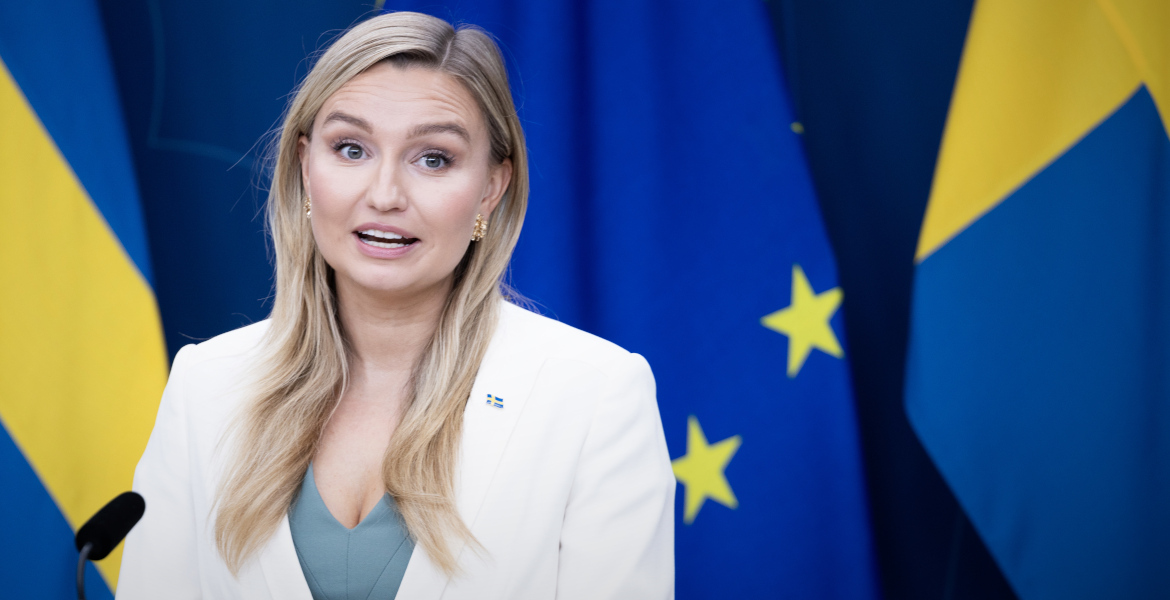During the weekend of September 14th and 15th, the Viking Days became more of a Viking festival with jesters, musicians, merchants, lecturers and ordinary people, a crowd-pleasing, family-friendly market offering quality crafts, food and culture.
Here you could find honey, herbal ointments, pungent spices, and solid wood and blacksmithing crafts. The range of handmade clothing, leather bags and headdresses added to the atmosphere. All the senses were stimulated by the occasional clash of swords, the beautiful sounds of instruments such as drums, fiddles, cranks, and strong, clear male and female voices.
In an enclosure, the audience could participate in Strong Man and Strong Woman. For example, it was a show of strength to lift a cannonball, place it on a meter-high standing log, and immediately drop it back to the ground. The competition was to see how many times they could lift the ball. Another element was to lift a heavy log, hold it with outstretched arms, wait for a signal from the judge, and then repeat the lift with the addition of taking one step backward.
In another enclosure, the audience could see and hear Vikings fighting energetically, wielding swords with fervor and charming presence in period armor. The Viking warriors offered Viking roars, mighty blows and fragrant energy, so that it felt as if we were back in the hard, cruel and final 1000s of the Viking Age.
Other elements offered during these days were lectures on the chosen theme: funerals and the funeral procession. How did it happen? Was it like in the Hollywood movies? What does a Viking grave look like? Yes, there were many questions, but the answers were also explained by archaeologist and lecturer Andreas Forsgren, who vividly described the various scenarios that it is unlikely that the body was placed on something like a ship, then set on fire and finally sent out to sea. No, I don’t think any of the neighbors wanted to see burnt bones floating to a neighboring beach.
Instead, the Viking bodies were buried in the ground and then they made some kind of stone structure. In modern times, we can see this in certain places, like this sacred site, where the Viking festival took place, the archaeologist said.
After the lecture, more powerful experiences were offered, such as beautiful, majestic horses like the Shire horse. This allowed Viking visitors to meet the largest horse breed in the world, weighing around 900 kilograms. They demonstrated incredible riding and carriage pulling skills.
The carefully chosen location for this Viking market was the setting for respect, friendliness and the thinking process. The stalls were also uniformly presented and the next act on the program was a juggler juggling knives, axes and apples.
The show continued and the performance ended with a fire show where the juggler extinguished the torches in his pants. The torches are extinguished and the juggler bows to an enthusiastic audience.
As the day progresses, it’s time for some good food. Visitors can choose from modern grilled and boiled sausages, kebabs, game and even chili con carne, which is also available in vegetarian versions.
Yes, the day contains many stimulating delights. Handicrafts include fine drinking glasses, beautiful glass jewelry, woodwork, fine lambskins, and in total there were about 120 vendors with high quality cultural handicrafts. There was also plenty of music, with many strong voices in solo singing, choirs, and choral singing with Viking harmonies by, among others, a Viking and medieval interpreter with the artist name Medvind. With a slight headwind, the audience was treated to good theatrical and dramatic performances, with the band members dressed in historical costumes, mastering the medieval instruments, the voices complementing each other, and surprised with dramatic acting that really transported the audience from the present to the Viking Age.
What makes it even more interesting to really listen and watch Medvind is that they write most of the lyrics and music that they perform. They touch on many topics that the Vikings of the Viking Age and the Middle Ages were concerned with, such as beer, brandy, the church, gods, warriors, millers and bakers. The really beautiful compositions, both delicate and beautiful in their melody, are Bittra Droppar and Vädjan. The repertoire also includes Brandagall, Pastor Rynkles Skål, Beer and Drinkjom. The music is poetic, entertaining and authentic.
The day draws to a close and the Viking celebrants, dressed in medieval costumes, have given their grateful visitors and audience an unforgettable, powerful experience. The jesters, musicians and craftsmen of the night will probably want to move on to their own more private Viking celebrations in the evening, with mead, Amanita muscaria and all sorts of erotic experiences, which the rest of us will then hear about in the songs that will be performed, and perhaps tempt us to become Viking celebrants ourselves.
See you next year in Gudahagen and thank you for a well organized Viking Festival 2024!
Mikael Rasmussen alias Artist Razz
















